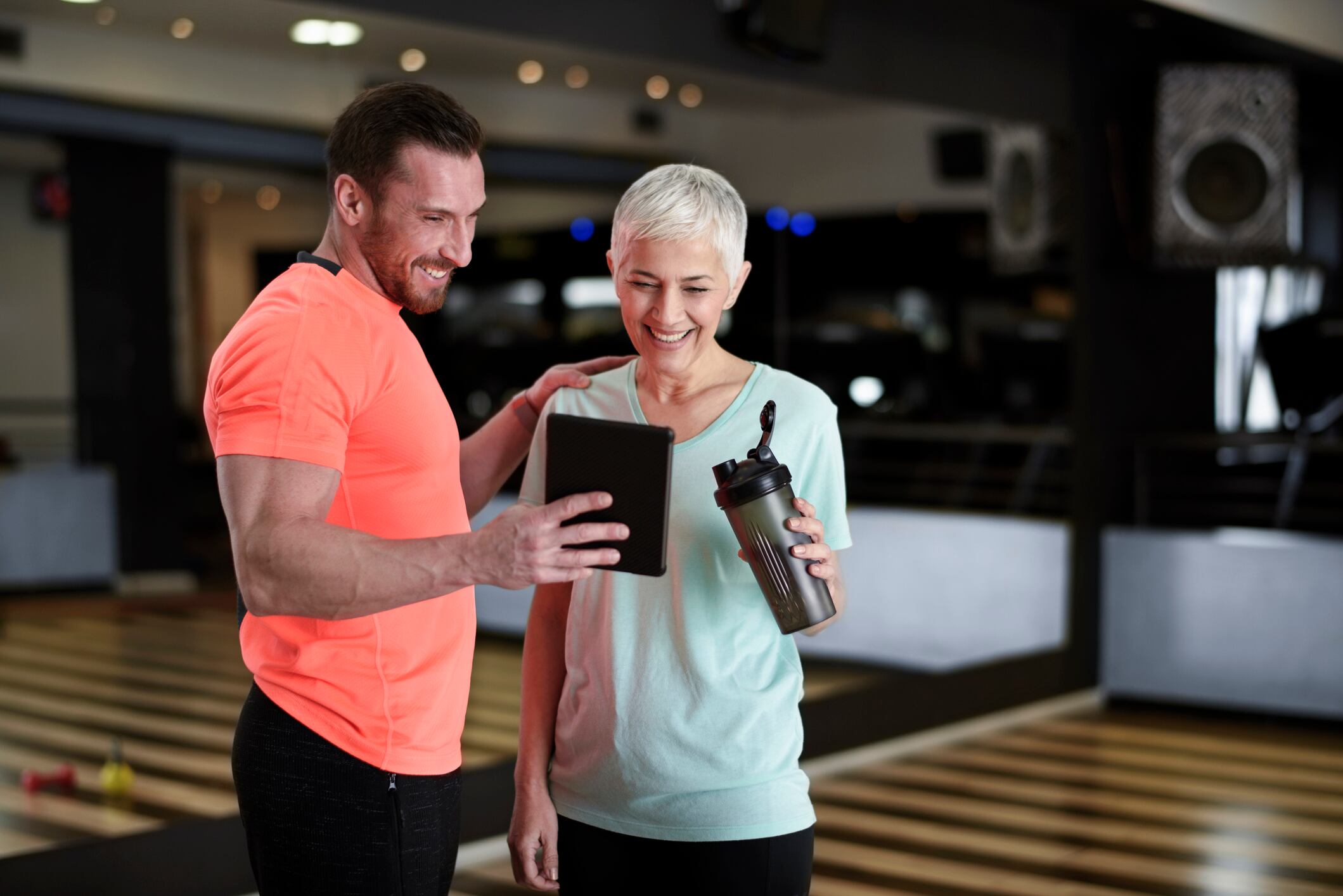According to Mintel's survey, half (49%) of under-25s say that lack of motivation stops them following healthy habits while just 21% of over-65's believe this is an issue for them.
A healthy 63% of adults would like brands to reward them for leading a healthy lifestyle, climbing to 76% of under-25s.
The over 65's are less likely to want incentives as many of them already think they already follow healthy habits, with 51% agreeing they do all they can already, compared to just 6% of under-25s.
According to the research, young women struggle most with psychological health barriers as they are most likely to lack motivation (57%) and most likely to feel self-conscious when exercising (33%).
The top five reasons for not following healthy habits across all demographics were: Cost (26%), “already doing as much as I can” (24%), lack of time (21%) and “it’s boring” (17%).
Emma Clifford, associate director of food and drink at Mintel, says: “The generational difference highlighted in our research reflects the health implications of lifestyle choices are holding far more relevancy and immediacy for older consumers.
"Meanwhile, many health issues linked to unhealthy habits are a distant and ambiguous prospect for young adults - despite the potential threat to their future wellbeing - and so reducing the incentive to minimise these risks in their day-to-day lives.
"Keeping as healthy as possible is more of a pressing concern for older consumers than their younger counterparts, with fewer distractions in their path – especially for retirees.”
Keeping up appearances
Looking good is a particularly strong incentive for leading a healthier lifestyle. Around half (48%) of women say “wanting to improve their appearance” would encourage them to lead a healthier lifestyle, compared to 35% of men. This jumps to 55% of under-25s.
Proactively enhancing their emotional wellbeing is also an attractive prospect for the younger generation. Some 40% of under-25s would be encouraged to be healthier more often to “improve their state of mind”, compared to the average of 29%.
This is in-keeping with Mintel's research revealed last year, which showed consumers want their food and drink to provide holistic health benefits.
“Relatively short-term and tangible benefits to healthier habits are particularly compelling motivations for the younger generation. These include being able to see positive physical results and the feelgood factor linked to making healthy choices,” Clifford explains.
Nanny state
Mintel's research makes it clear that shoppers want a helping hand to get healthy in a number of different ways.
A substantial 60% agreed they support taxes on unhealthy food and drink and 65% said they'd like tips on how to incorporate small changes into their lifestyles to make them healthier.
What's more, a sizeable 62% of workers said they want their employer to encourage healthy habits at work.
“The UK is facing an obesity time bomb and consumers recognise that decisive action is needed to combat this problem, even if it hits their pockets," adds Clifford.
"Over six months after the soft drinks sugar tax was introduced and reports of a potential ‘pudding tax’ being considered, consumers are keen on the idea of taxing them in order to discourage unhealthy lifestyles. It is clear that consumers really want help in cutting through all the noise around healthy lifestyles, with more guidance in making healthier choices as well as rewards for doing so.”

